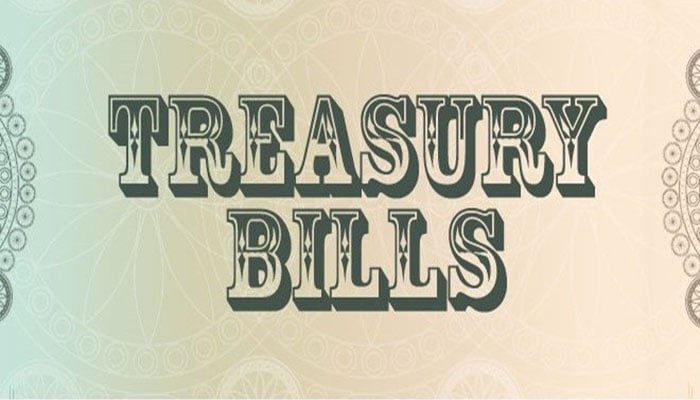Treasury Bonds and Bills The Pakistan:If you’re considering investing in Treasury bonds and bills, there are various avenues available to you. One popular option is Treasury Direct, which allows direct purchases from the U.S. government. However, for those with brokerage accounts or retirement savings, exploring the secondary market or Exchange-Traded Funds (ETFs) may be a more suitable choice. Treasury money market accounts also offer added convenience and liquidity compared to Treasury Direct.
Key Points to Consider
- Treasury Direct enables direct purchases of Treasury Bonds and Bills The Pakistan from the U.S. government.
- IRAs and other tax-advantaged accounts cannot be opened through TreasuryDirect.
- Transferring bonds from TreasuryDirect to banks or brokerages is necessary for selling before maturity.
- Alternative methods include ETFs, money market accounts, and the secondary market.
- Bond ETFs and secondary market purchases through brokers can be held in tax-free retirement accounts.
Understanding Treasury Direct
Treasury Bonds and Bills The Pakistan: Treasury Direct is an electronic marketplace and online account system run by the U.S. Department of the Treasury. It facilitates the purchase, holding, and redemption of eligible book-entry Treasury securities. While opening an account is a straightforward process, it’s important to note that tax-advantaged retirement accounts cannot be established through Treasury Direct. Investors need a valid Social Security number, a U.S. address, an email address, a web browser supporting 128-bit encryption, and a checking or savings account.

When purchasing through TreasuryDirect, eligible securities include Treasury bills, notes, bonds, Floating Rate Notes (FRNs), and Treasury Inflation-Protected Securities (TIPS). The process involves using the BuyDirect system, where investors select the security owner, product type, source of funds, and the purchase amount. Securities are generally issued to accounts within two business days for savings bonds and one week for other securities.
Participating in Treasury Auctions
Treasury Direct account holders have the opportunity to participate in scheduled Treasury auctions. The announcement, made four to five business days before the auction date, includes relevant details such as the auction date, security amount, issue and maturity dates, terms, eligible participants, and bid deadlines. Investors can submit noncompetitive bids, guaranteeing the desired amount at a price set by competitive bidders.
The auction process involves reviewing bids for compliance, and successful bids result in the issuance of securities to investor accounts. This process is essential for purchasing Treasuries directly.
Comparing Treasury Direct and Brokers
Treasury Bonds and Bills The Pakistan: Buying Treasuries at auction is possible through both Treasury Direct and online brokers, usually at the same price. However, settlement processes and payment timing differ. Treasury Direct deducts payment on the day of issuance, while some brokers may require payment before the issue date. Investors can also explore automatic rollovers for maturing securities, either through Treasury Direct or selected brokers.

Transferring Treasuries
Treasuries can be held until maturity or sold earlier by transferring them to a bank, broker, or dealer. A Transfer Request Form is necessary, specifying routing numbers, bank names, and any special instructions. Redeeming savings bonds can be done electronically through Treasury Direct or at local financial institutions for paper bonds.
Other Ways to Buy Treasury Bonds and Bills The Pakistan
Treasury Bonds and Bills The Pakistan: Apart from Treasury Direct, investors can consider buying Treasuries through ETFs, money market accounts, or the secondary market. ETFs, traded like stocks, offer a variety of options with modest fees and the potential for holding in tax-advantaged retirement accounts.

Money market mutual funds focused on Treasury bills provide another avenue, while the secondary market, accessible through many brokerages, allows for easy trading and potential tax benefits in retirement accounts.
In conclusion, investing in Treasuries can diversify your portfolio, offering a low-risk option backed by the U.S. government’s credit. Whether through TreasuryDirect, brokers, ETFs, or the secondary market, understanding the available avenues can help you make informed investment decisions.



